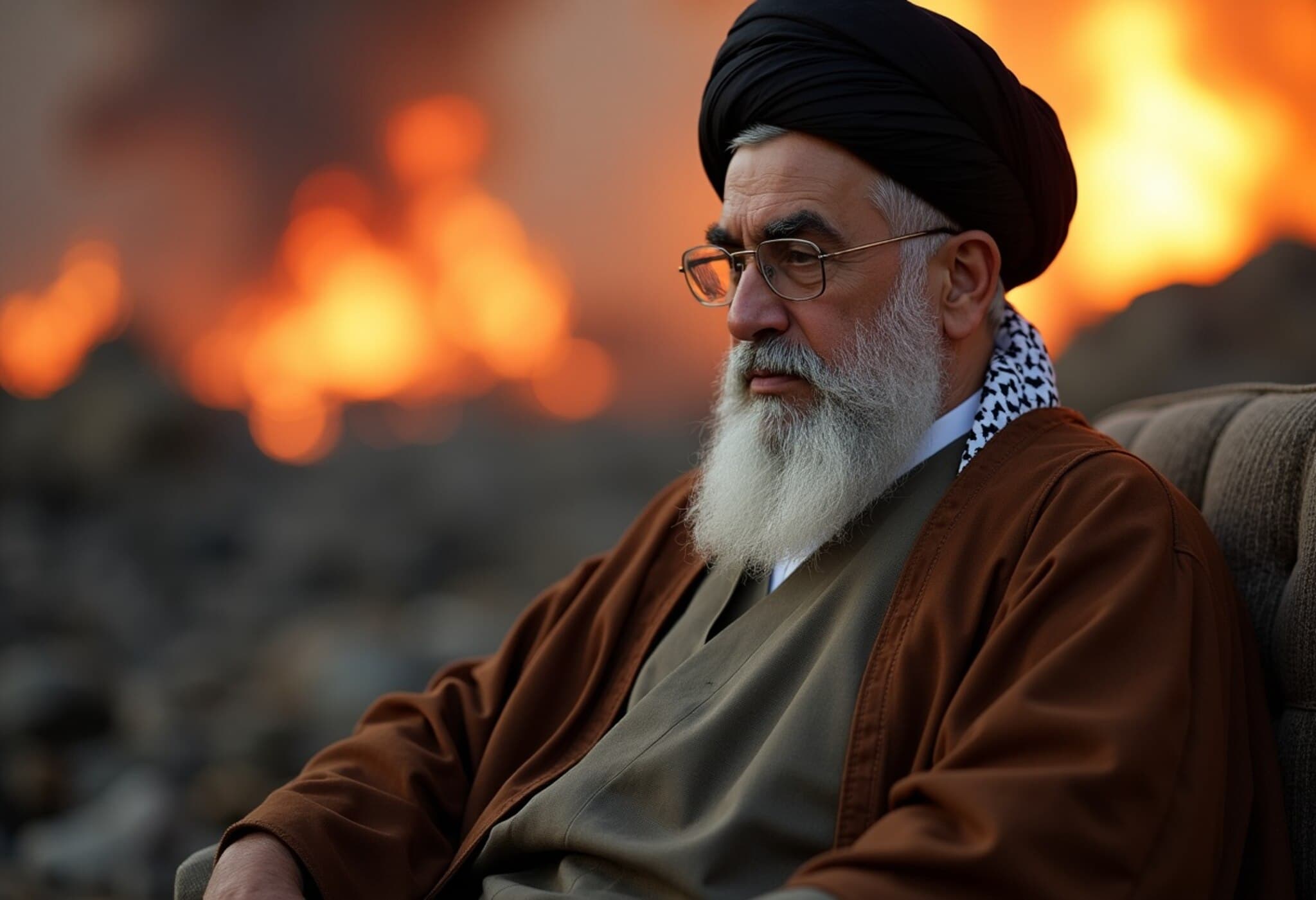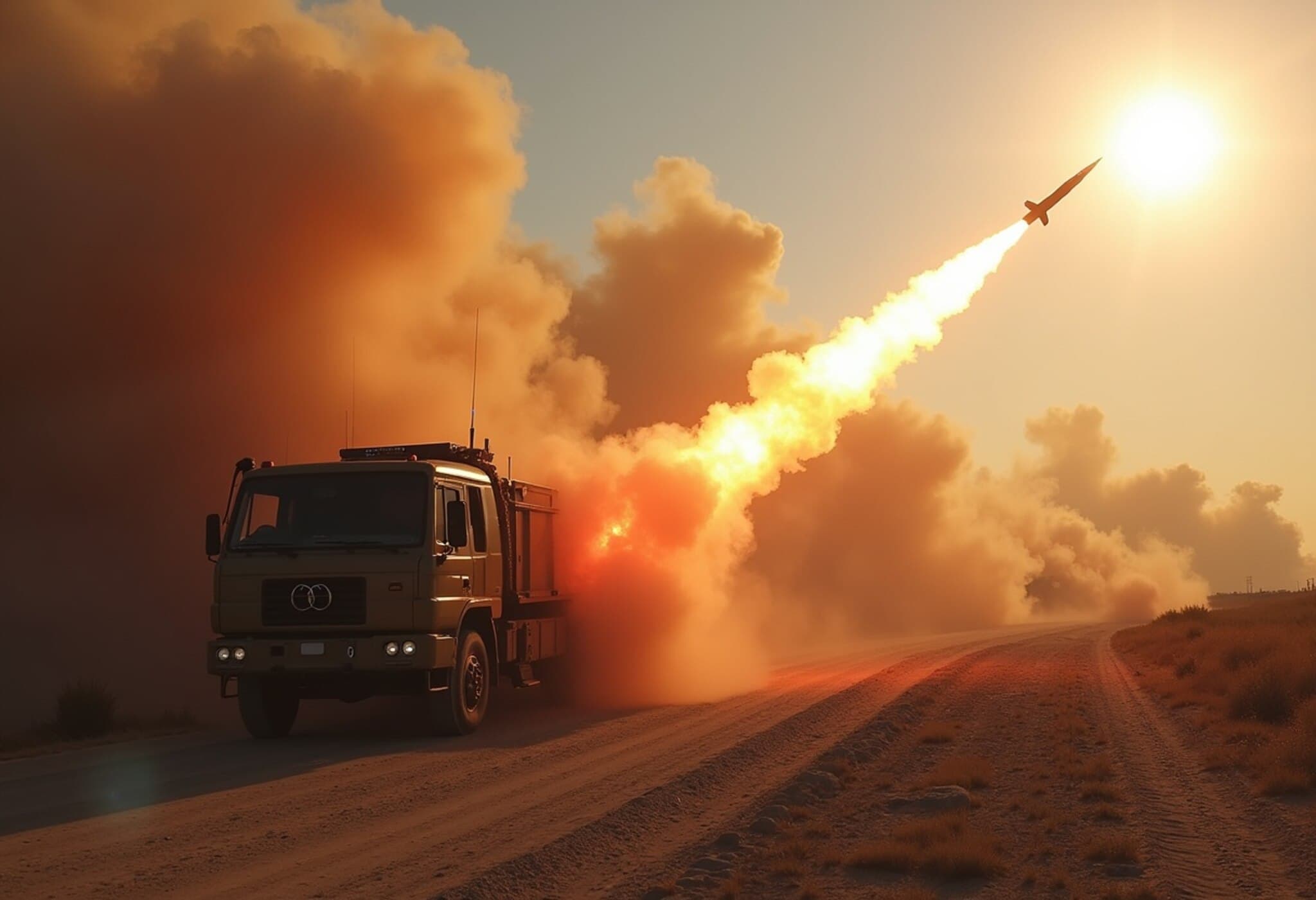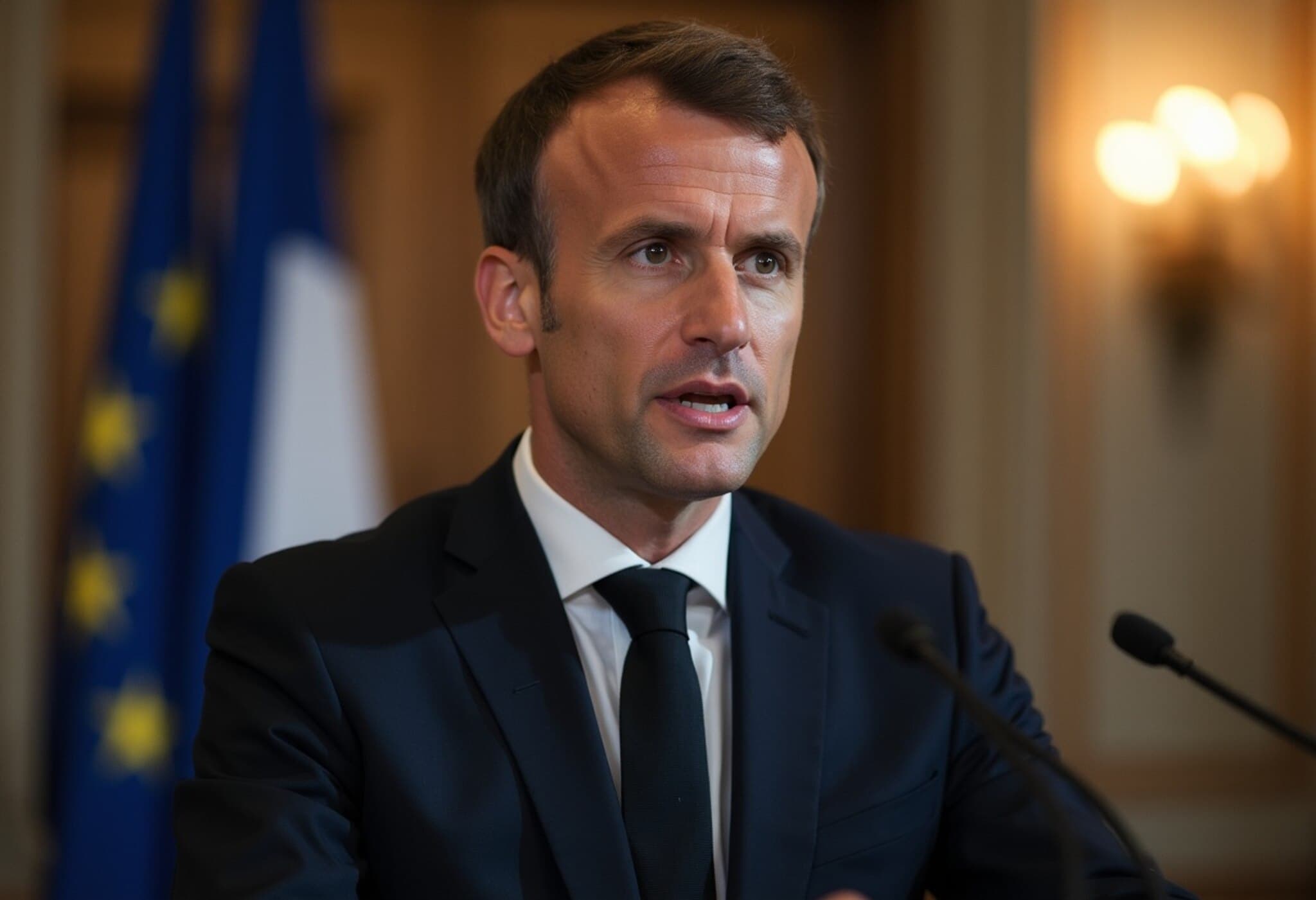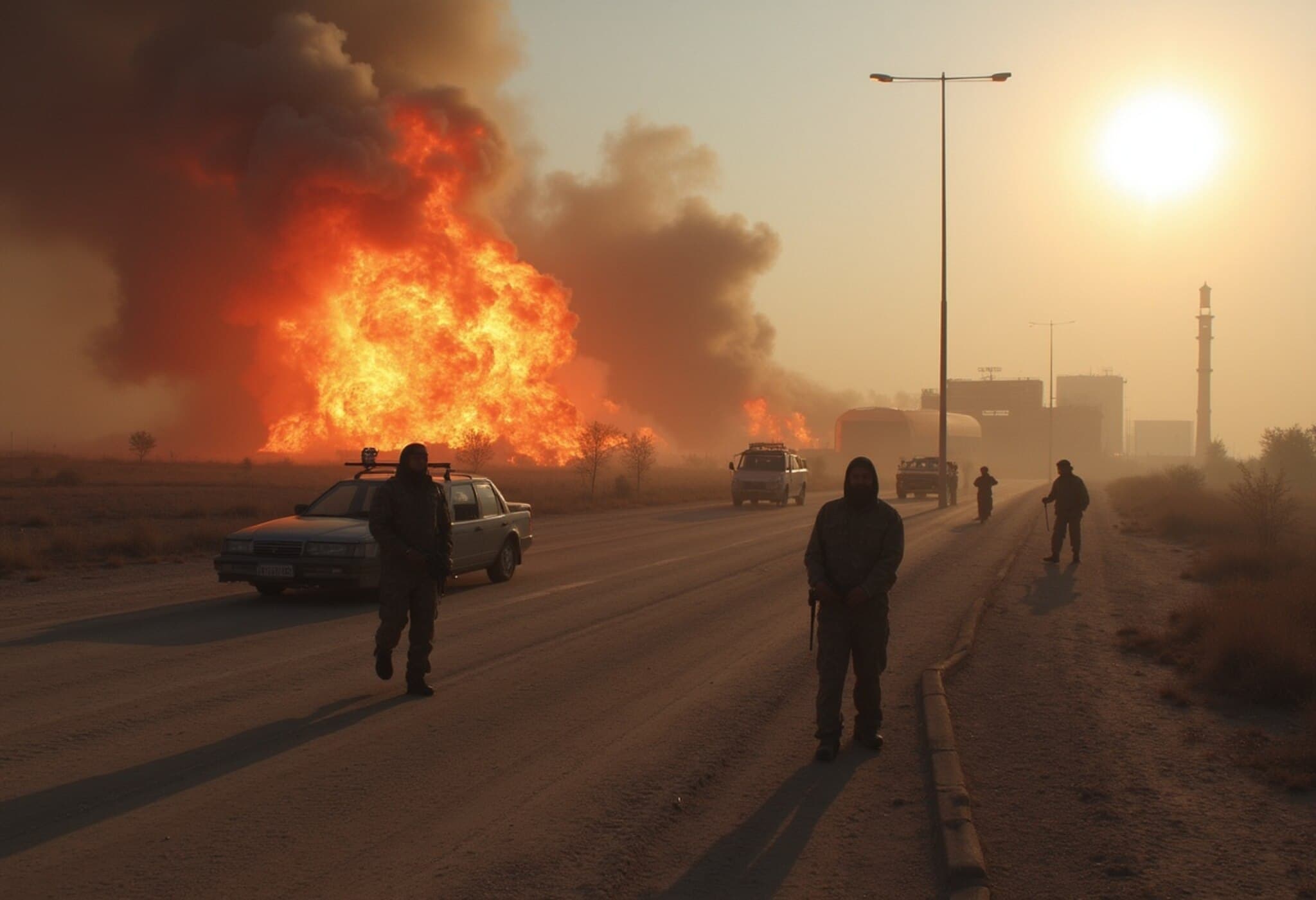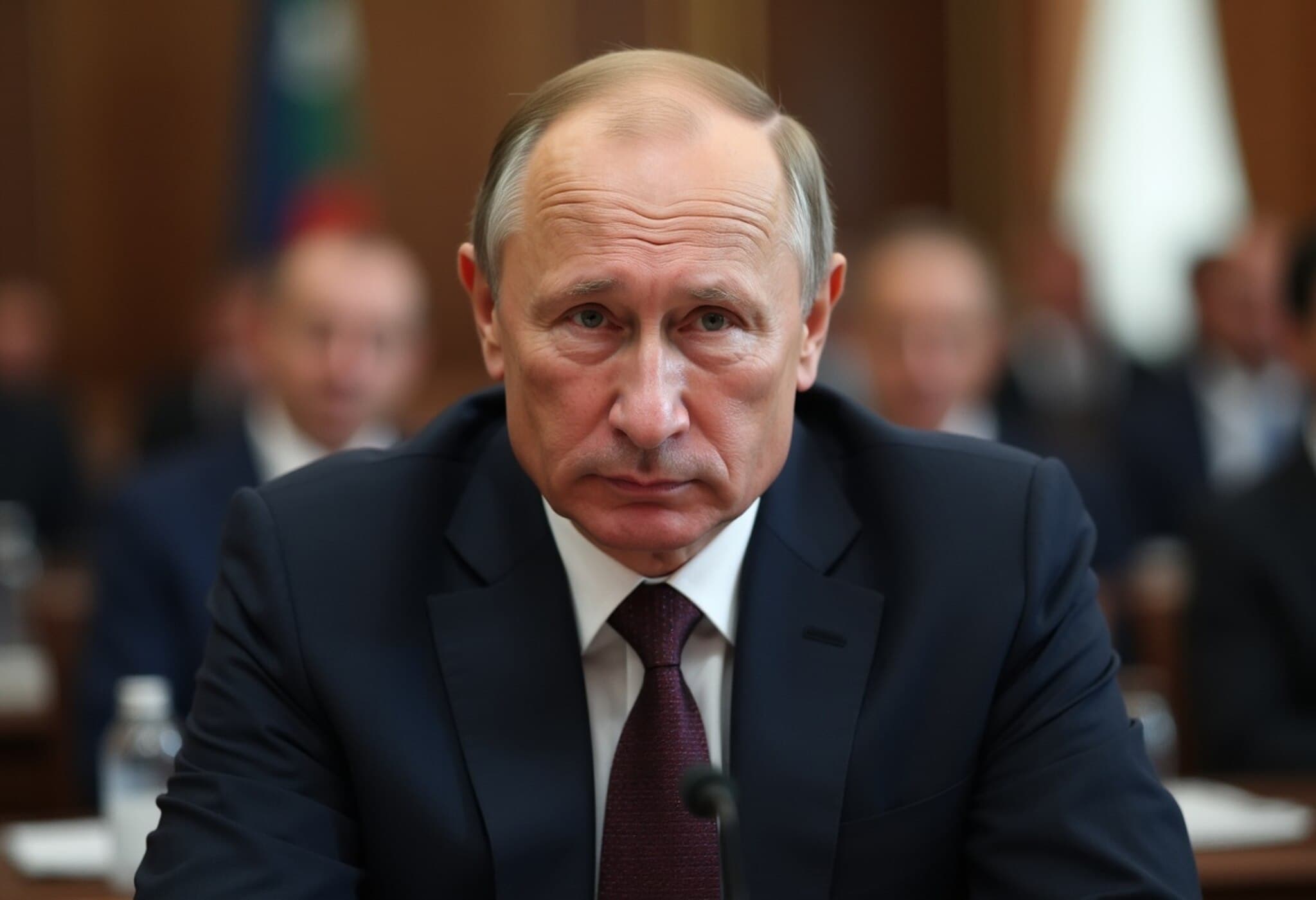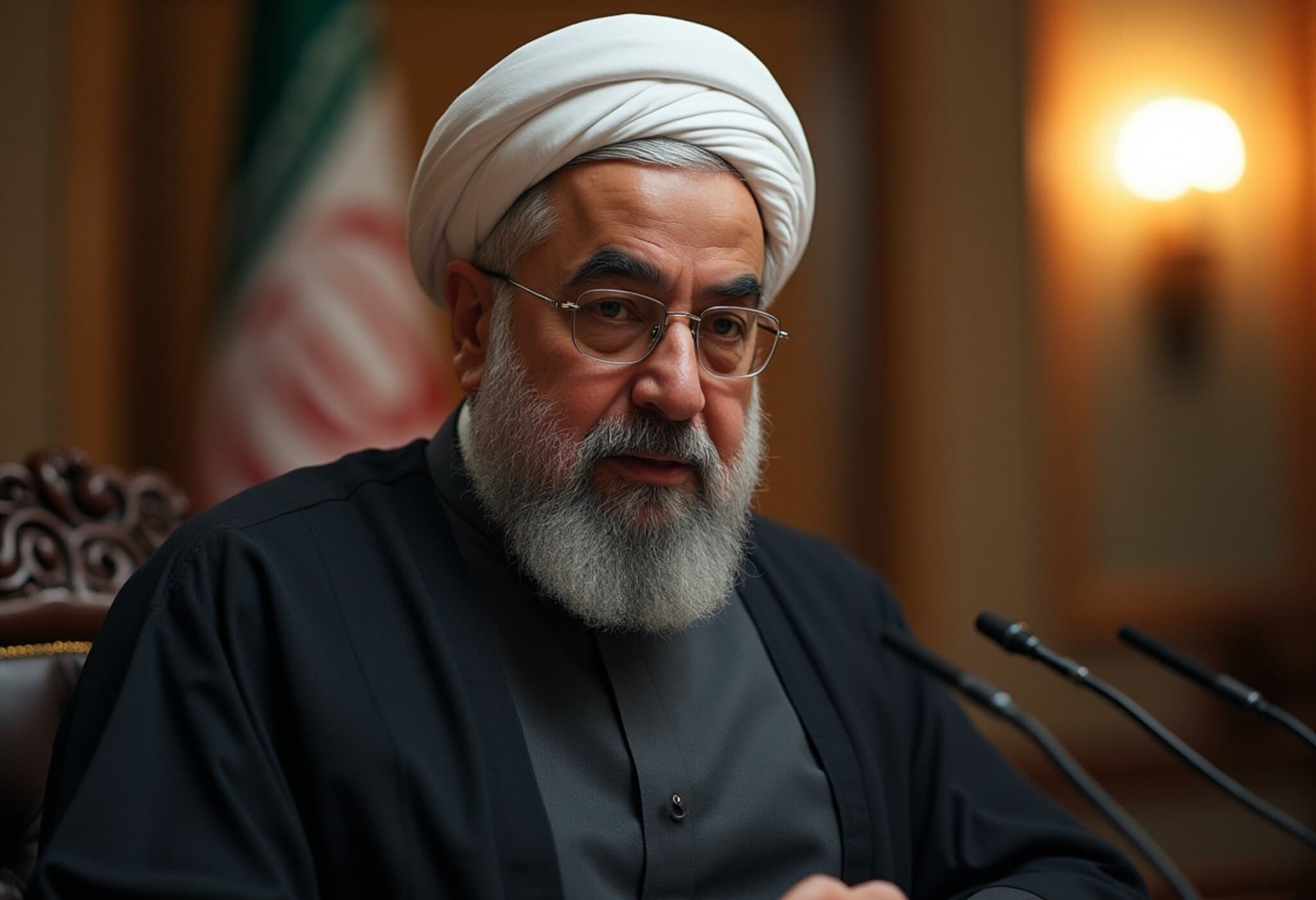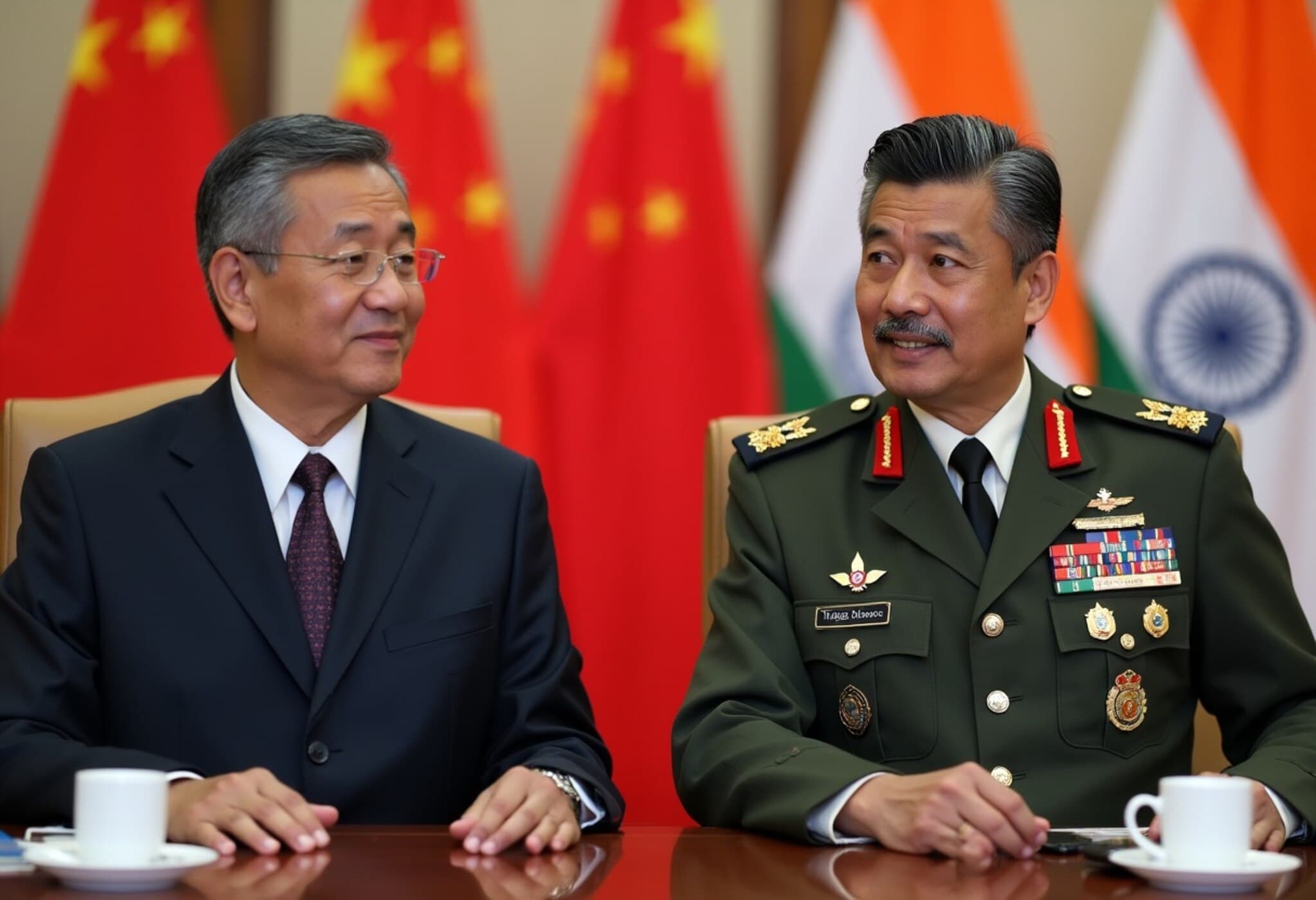EU Struggles to Forge Unified Stance on Israel Amid Rising Tensions
As conflicts in the Middle East escalate, cracks within the European Union are becoming increasingly visible. Diverging views among member states over Israel’s recent actions in the Gaza Strip and its confrontations with Iran have exposed a deepening rift. While some EU countries openly criticize Israel’s conduct, others emphasize its right to self-defense, highlighting the complexity of forging a united front.
Conflicting Perspectives on Israel’s Conduct in Gaza
Earlier this year, the European Commission launched an investigation probing whether Israel violated its human rights obligations under the EU-Israel association agreement amid the humanitarian crisis in Gaza. The resulting report labeled Israel’s actions as a "moral and methodological failure," a finding that intensified tensions within the bloc.
Unsurprisingly, Israel has vehemently rejected the report, condemning it as biased and based on flawed information. The Israeli Foreign Ministry dismissed it outright, asserting the document lacked credibility and should be disregarded.
Within the EU, opinions sharply diverge. Countries like the Netherlands, Spain, Belgium, and Sweden advocate for punitive measures against Israel, including potential trade restrictions. Conversely, nations such as Germany, Hungary, and Austria urge caution, referencing strategic alliances, historical ties, and diplomatic sensitivities.
Potential EU Responses: Balancing Unity and Reality
The upcoming meeting of EU foreign ministers will be critical. The report will be presented by the bloc’s High Representative for Foreign Affairs, who will open the floor for debate on the future course. Options on the table span from maintaining the status quo to suspending the entire association agreement with Israel, though the latter would require unanimous consent from all 27 member states — a highly unlikely scenario.
Disputes Over Israel’s Right to Self-Defense in Relation to Iran
Beyond Gaza, Israel’s actions regarding Iran have also spotlighted divisions across Europe. The EU recently issued a statement calling for all parties to respect international law, exercise restraint, and avoid steps that could escalate the conflict or cause hazardous consequences such as radioactive fallout.
However, disagreement arose over explicitly affirming Israel’s right to self-defense under international law. Approximately fifteen EU countries, including Austria, France, Germany, Hungary, Italy, and the Netherlands, pushed to include such language. Yet, consensus was not reached, illustrating the persistent reluctance to adopt a clear and unified stance on Israel’s military actions in the region.
The Path Ahead: Uncertain Unity in Foreign Policy
International law permits a nation to defend itself if subjected to an armed attack or if faced with an imminent threat, provided the response is proportionate. But whether the European Union can unanimously interpret and apply these principles to Israel’s conflicts remains in question.
Amid ongoing violence and geopolitical complexities, the EU faces the difficult task of reconciling divergent national interests, ethical considerations, and strategic partnerships. The outcome of these internal debates will shape Europe’s role and influence in one of the most volatile regions of the world.







